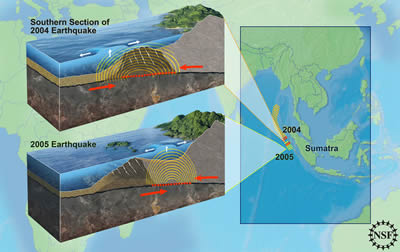- CULTURE, MYTH, & ART
- Myth
- Stories
- Poetry
- Poetry & Pictures
- Books
- Movies
- Clouds in Art
- Mythology Art
- Links
- People Art
Culture, Myth and Art
Objects in the sky and other natural phenomena have inspired people throughout the ages. Browse our collection of myths, folk tales, and stories of many types about the Earth and sky. Check out artwork, poetry, books, and movies that portray the natural world.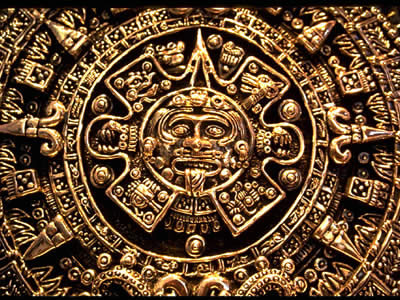
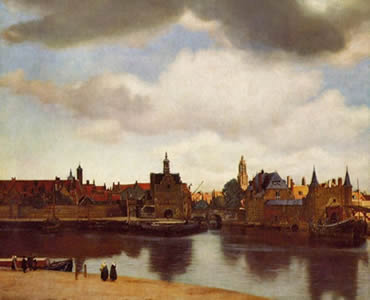
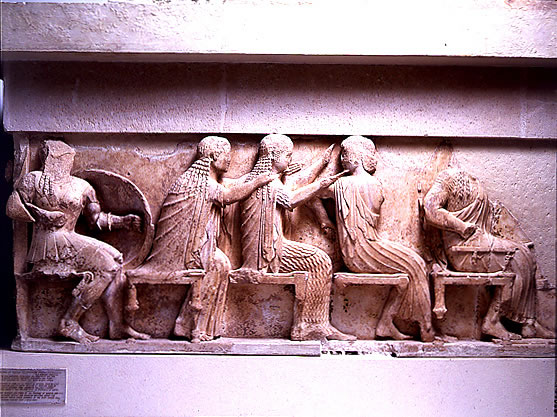
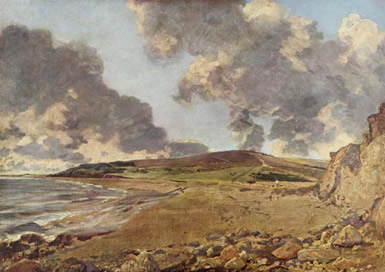
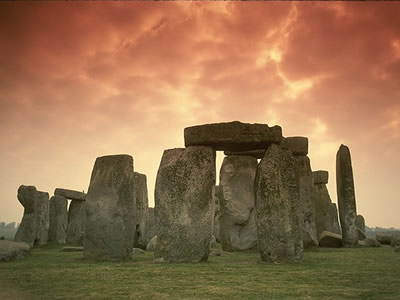
Please log in
Science Blogs
Real Climate: climate science from climate scientists

Windows to the Universe, a project of the National Earth Science Teachers Association, is sponsored in part is sponsored in part through grants from federal agencies (NASA and NOAA), and partnerships with affiliated organizations, including the American Geophysical Union, the Howard Hughes Medical Institute, the Earth System Information Partnership, the American Meteorological Society, the National Center for Science Education, and TERC. The American Geophysical Union and the American Geosciences Institute are Windows to the Universe Founding Partners. NESTA welcomes new Institutional Affiliates in support of our ongoing programs, as well as collaborations on new projects. Contact NESTA for more information.






